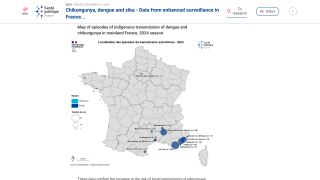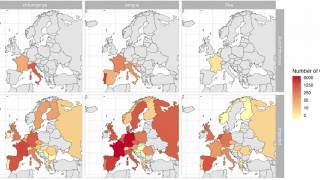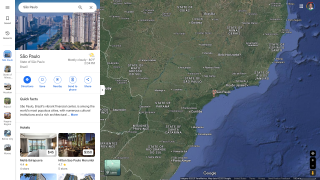Aedes-borne Diseases Become Endemic in Europe
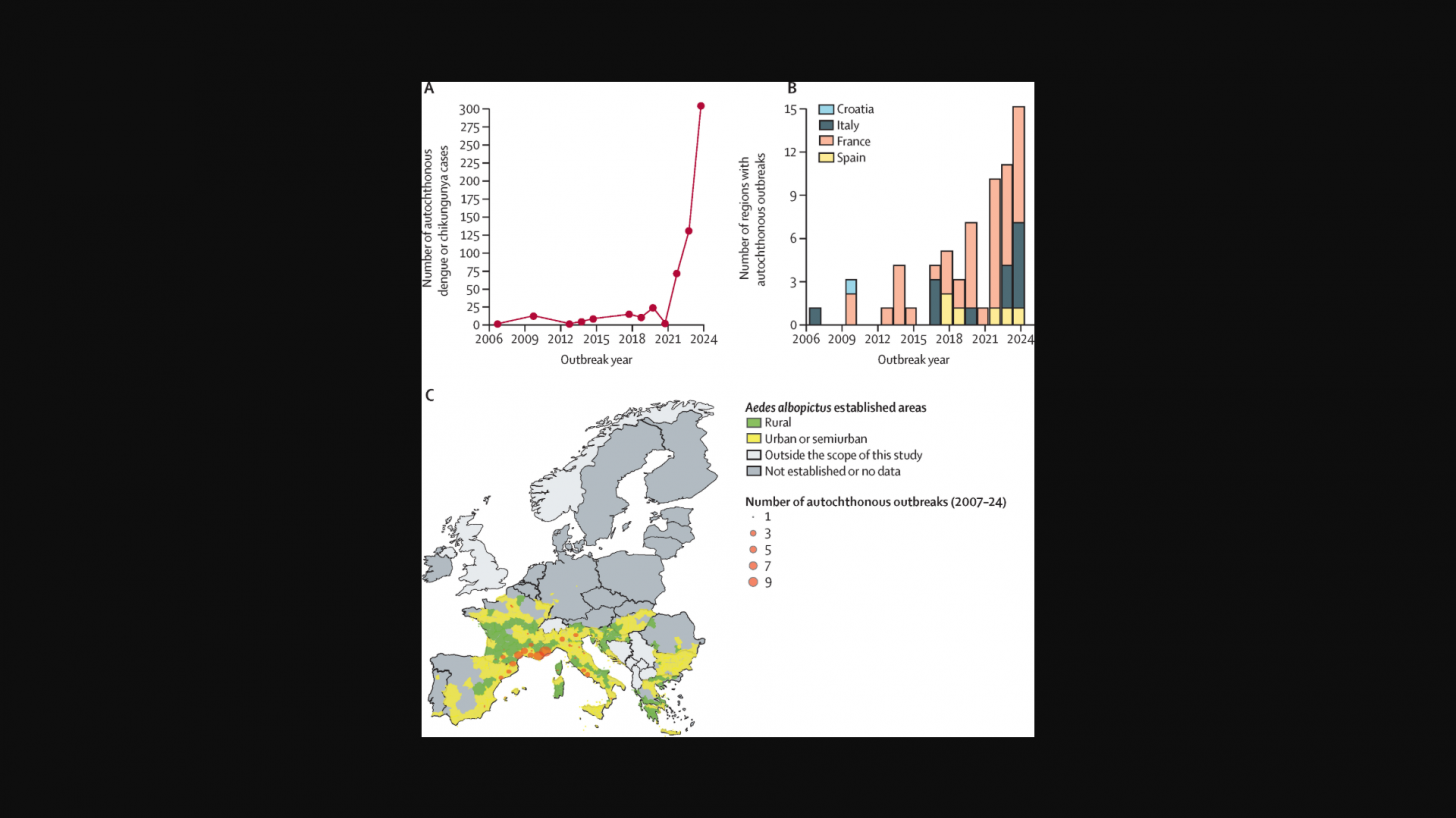
The diseases transmitted by mosquitoes, dengue and chikungunya, may soon become endemic in Europe as tiger mosquitoes have spread into northern countries.
A research article published by The Lancet Planetary Health in May 2025 quantifies the underlying drivers facilitating and accelerating Europe's transition from sporadic arbovirus outbreaks to Aedes-borne disease endemicity.
These researchers found that the mosquito's range has expanded from a single region in one country to 358 regions in 14 countries over the past three decades.
This study highlighted recent dengue outbreaks in Croatia, France, Italy, and Spain.
For example, over 300 dengue cases were recorded in Europe in 2024, compared to 275 over the previous 15 years.
And the higher mean temperatures during the summer months in urban or semi-urban regions were associated with increased risk.
Additionally, they found that higher imported cases and higher health-care expenditure per capita were associated with an increased risk of autochthonous outbreaks.
However, rain was not found to be a meaningful factor in Europe.
Jourdain and colleagues found that the Mediterranean climate is characterised by dry, hot summers and cool, wet winters in contrast to tropical climates. There was no statistically significant association between precipitation and autochthonous (local) transmission events in France.
This analysis's stark finding is that projections suggest an almost five-fold increase in dengue or chikungunya outbreaks by the 2060s relative to the 1990–2024 baseline period.
According to recent announcements by the U.S. CDC and European Medicines Agency, international travelers visiting at-risk areas in May 2025 should speak with a travel vaccine expert about immunization options.
Our Trust Standards: Medical Advisory Committee



-2.png)
-2.jpg)
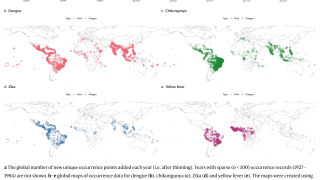
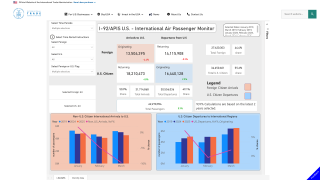

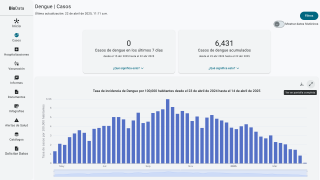
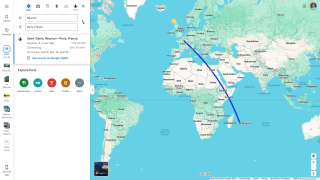
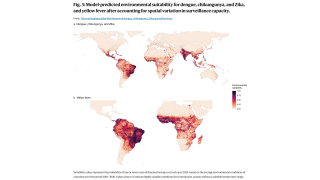

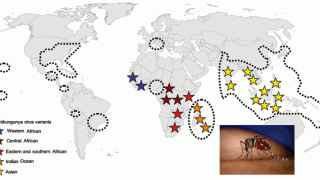
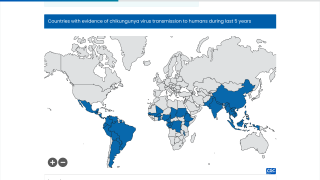

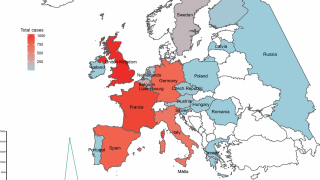
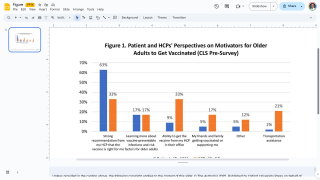
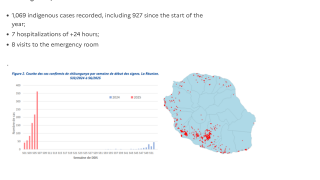

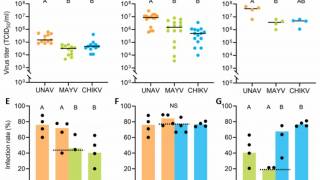
.jpg)
